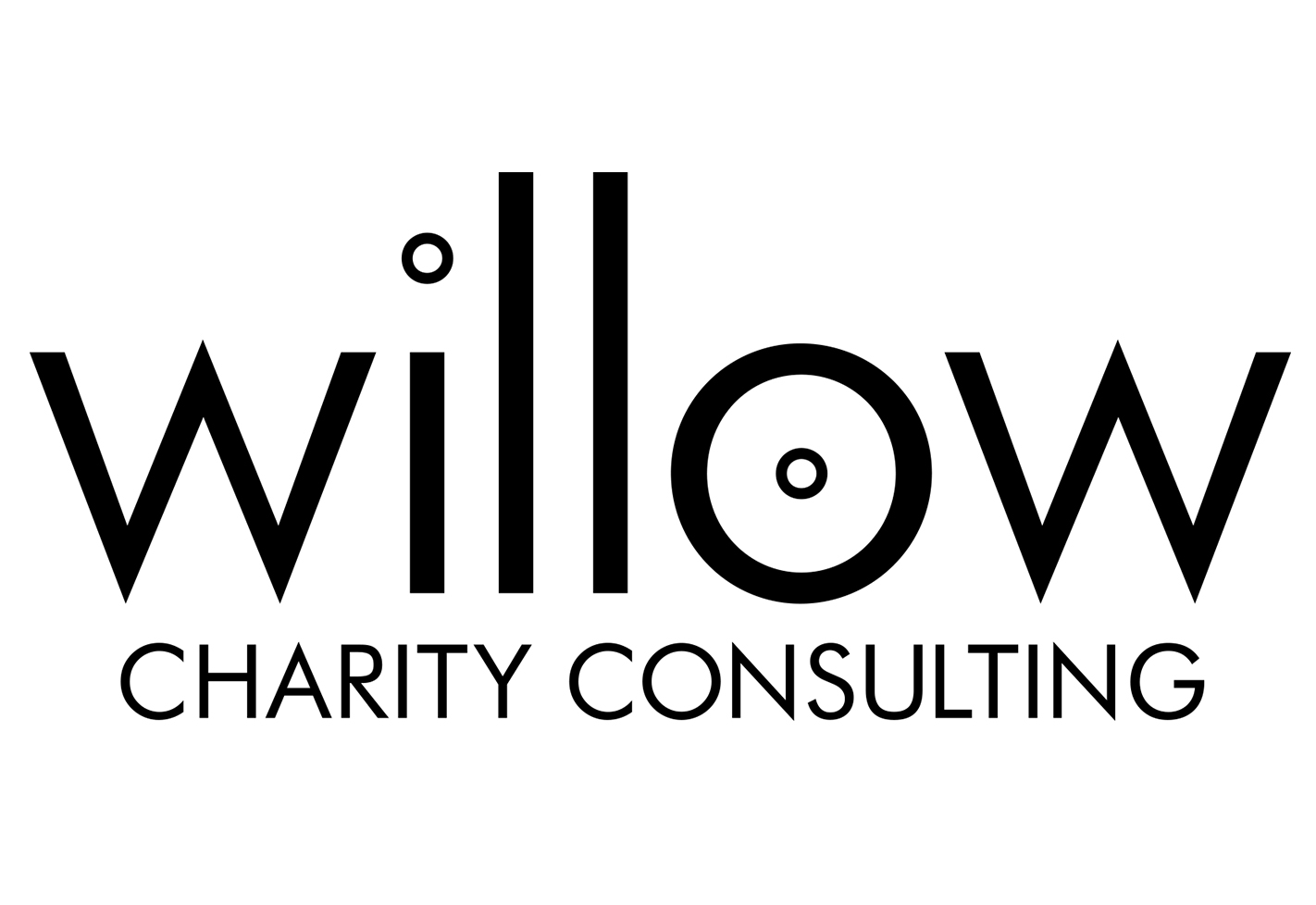Paying for consultancy services may be a daunting prospect in small-to-medium charities, where every penny is precious and results may be uncertain.
I’ve been there. As a former-CEO of two charities, I’ve hesitated to bring external help in because I wasn’t sure if it was the best use of funds.
I’ve also been on the other side of it. As a Consultant working with small-to-medium charities, I’ve occasionally struggled to convince a charity that I would deliver results that far outweigh the cost, even though I am absolutely convinced.
From these two viewpoints, I’ve put together some thoughts about how to engage successfully with Consultants.
Consultants can often be the best option for a charity. Despite apparently high day rates, they end up being far more cost-effective than using existing staff or volunteers, as their experience and efficiency can save staff time, training costs and the (sometimes hidden) costs of getting things wrong. Consultants should be able to hit the ground running, bring new ideas and extensive experience, and understand your situation quickly. They don’t need training, don’t get sick pay or other leave, and should get the work done swiftly and to a high standard.
But how can you make sure that you have that kind of consultancy experience, and not the kind where you receive enormous bills with not much to show for it? I would suggest as follows.
When is engaging a Consultant a good idea?
Consultants can be a very good idea when:
- You don’t have the experience or skills within your existing staff to deliver specific work quickly or to a high standard. This may be strategic planning, project design or review, evaluations, report writing or research. Bringing in a Consultant saves considerable time and costs in training staff up to deliver the work, and ensures that business as usual can proceed while these tasks are being completed.
- You need an independent opinion or want to get the true feedback of your staff, clients and volunteers. A Consultant is vital if you are conducting an organisational strength review, health check, governance review or evaluation. It can also be useful in 360 degree feedback for senior management and Board members. In my experience, an outsider gets a lot more constructive feedback than staff or Trustees will ever be able to obtain, and can give you an honest and helpful appraisal of your needs and priorities.
- You need something done quickly, and your staff are already too busy to take it on. You may have the skills in-house but, if you don’t have the time, bring someone in. This may be to get your annual report or project documents written, obtaining help with a major application (such as to the Big Lottery Fund or DFID), or to help with a major appeal.
- You are starting up, and need a bit of expert advice along the way. Whether engaging a remote adviser or hiring someone to do a day or two per week, a Consultant can help you get on your feet, train up your staff and get the right systems in place from the beginning.How do you know what you’re getting?
How do you know what you’re getting?
It is important to define exactly what you expect from a Consultant before they get started. This doesn’t mean you need to know exactly what you want before you get in touch. A good Consultant will be able to talk you through your ideas (and add to them), understand your needs and budget limitations, and set out options for you to consider, all without charging a penny. If the Consultant isn’t willing to do this, or only rigidly offers you certain services, keep looking.
When speaking to a Consultant, ask about their experience working in similar situations or for similar charities. You don’t necessarily need for them to have done the exact same work before (and you do want them to approach your charity as the unique organisation that it is), but you should be confident that the Consultant knows what they are talking about and has ample skills and experience to deliver strong results for you. If you can, ask for a reference or check their testimonials on LinkedIn.
I would also add a certain ‘gut instinct’ element to this. You can tell when a Consultant is just out to sell you something, and you can tell when they really care. Your charity is important and any person you bring into the charity should share that view. If they don’t seem to share your passion or interest, keep looking.
Before they start, get your agreement in writing. I use a formal contract for larger projects and a project proposal with basic terms included for smaller projects. In both formats, the services I am expected to deliver are written out very clearly, so my clients can see exactly what they are paying for.
How much is it going to cost?
Try to avoid agreeing open-ended arrangements with your Consultant if possible. Ideally, your agreement should set out definite costs, with an overall limit or total. Many Consultants calculate their work on a day rate, but a final figure approach is also possible.
Don’t be afraid of stating what your overall budget is. A good Consultant should be able to explain exactly what they can do for your budget. If you can’t quite afford what you want but can be flexible with timing, consider asking whether there are quiet periods of the year for the Consultant when a discount could be applied.
If additional expenses are included in the contract, be sure to get some information about what kinds of expenses they expect to incur as well as a rough estimate or maximum figure. There should be no nasty surprises in the invoice.
How do I find the right Consultant for me?
Google will turn up a range of large scale consulting organisations. These can often offer a wide range of Consultants based across the country with experience in a huge range of projects. If you have a number of different needs, this can be one efficient way of arranging a project. Consulting organisations will usually have a system of review in place, and can usually offer a package agreement to cover a number of different activities. Costs tend to be considerably higher than those for Consultants working independently.
Independent Consultants tend to be more limited in their areas of specialism, but offer significant savings. Recommendations are always worthwhile, so ask around. There may be local organisations that can help. Online searches for specific types of Consultants (such as ‘strategic planning Consultant’) on LinkedIn and Google are likely to bring up many options. Alternatively, visit LinkedIn or CharityConnect groups that may be relevant and see if anyone appropriate is posting in there. Check out their LinkedIn profile (What is their background? Do they publish articles on their areas of expertise?), their website (not all will have a website, but websites can give you an idea of their background and previous projects) and Google more generally.
Getting in touch
Look around, ask around and get in touch with consultants you see around. There’s no obligation to buy, and most will be happy to make the connection and demonstrate their value over time. The more you find out, the better placed you will be to make the best decision for your charity.
If you would like to learn more about the services I offer to small-to-medium charities, please feel free to get in touch for a no-obligation chat.

